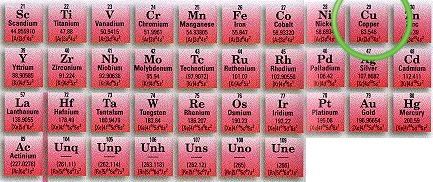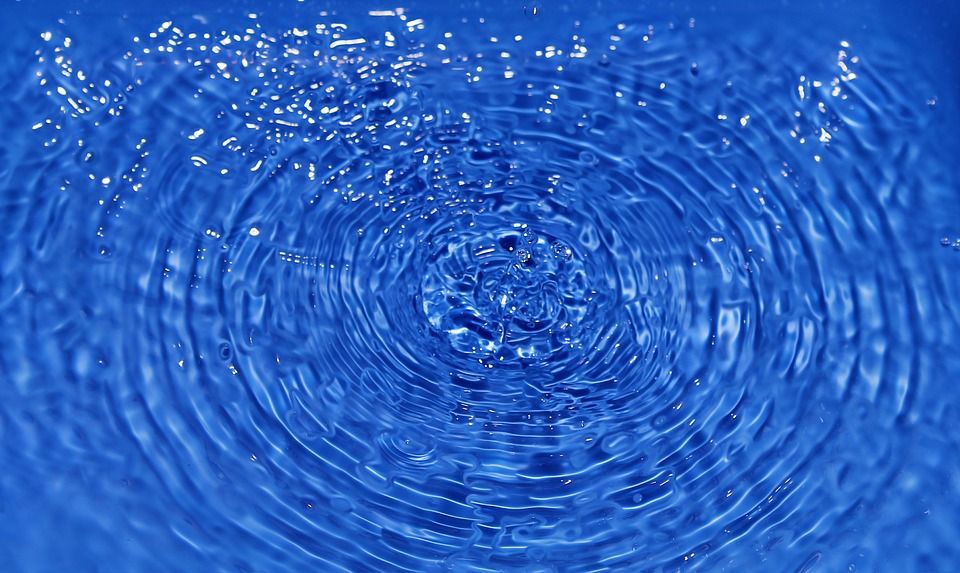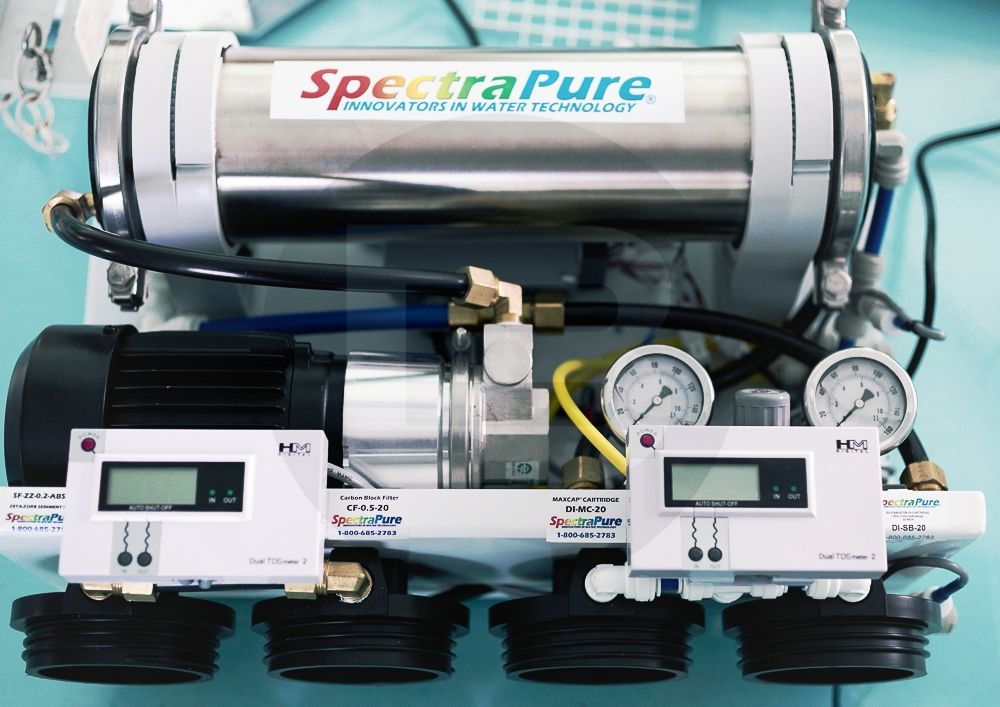I still spend a lot of time on the phone with fellow reefers who are having problems of the worst possible kind - and by that I mean - “head scratchers”. These are the issues where somewhere in your prized coral collection, one or more of them is acting very odd, looking bad and out of sorts, or just plain dying on you for “no apparent reason”. You have been throwing anything and everything you can come up with at the wall to see what sticks in an effort to find a solution, more often than not, compounding a problem far beyond its initial quell.
Trust me, I have been there myself more times than I’d like to admit, but it is a feeling of helpless frustration and deflation that will suck all the enthusiasm you have for your reef right out, one billowing gasp at a time. When I think of some of the outlandish “causes” of my tanks grief over the years and just how far I reached to come up with a solution for them, it’s a hilariously painful picture of desperation at its worst.

The go too cause, and this poor guy really gets it bad sometimes, as he’s “been a scapegoat” for anything any everything that may go wrong, is stray voltage. Any time a polyp is retracted or maybe a tip looses a hint of color. “Must be stray voltage” we tell ourselves. This is perhaps the most accessible and most miss understood excuse we've got by far, and I’m quite confident it is rarely, if ever, the root of any issue that it’s being blamed for.

Don't look at me!
A close second to stray voltage is always the salt. I totally get why. It’s so convenient, and again very accessible. I mean “must be a bad batch right”? We are probably all guilty of blaming our salt at one point or another. But like stray voltage, salt is usually innocent, and barring user error, once again is very rarely the cause of the “head scratcher”.
Once you start ruling out the larger variables is when you really come up with some good “stuff”. I was once so convinced that my plastic troughs were leaching “something” into my system, that I literally uprooted the entire system, consisting of multiple tanks, and then painstakingly swapped each tank out for glass. This was an amazingly unnecessary effort that caused me far more problems than it solved, but is again just blaring example of the lengths we go to “fix” a problem we do not know the cause of.
What about metals? Copper especially gets the blame all to often as well. While there may be some merit to metal toxicity concerns, I think that unless you’ve got a direct smoking gun, like an actual piece of metal in the tank, or something of that nature, this would also be unwarranted. However finding something such as an actual piece of metal or a battery - or something else foreign - would negate the “head scratcher” predication anyway, and is actually quite welcome in this instance. Discovering the “smoking gun” is the best thing that can happen to a reefer in the throes of a “head scratcher” as it immediately identifies the cause. Unfortunately we aren't usually that lucky, and now, with recent testing methods like Triton, we’ve got the ability to single out individual elements as teeny tiny would be “smoking guns”! Tin and lithium come to mind as the two most found elements in excessive amounts - also unfounded it seems, as well. And while I won’t argue that ICP testing can be very helpful in diagnosing more minute issues, these discrepancies are more often smaller symptoms and not necessarily the root of the real problem.

So then what are we missing? We have been banging our head against the wall and throwing every possible morsel of an idea we can think of at the issue for much too long. In all that brain busting and troubleshooting: voltage, salt, rust, low nutrients, high nutrients, gfo on, gfo off, bottles of this, and bottles of that, for whatever promised solution, inhale, pellets in, pellets out, lights too high, lights too low, spectrum, intensity, duration!!! And the list just goes on and on, and it gets more and more preposterous the longer we are at it.
I am asking, what is the single most obvious and “in our faces” component of our systems? It’s water. Simply put. The main ingredient, and perhaps the most overlooked cause of the “head scratcher” is and might always be, H2o and how effectively we are filtering it.

It's WATER!
I have found, or I should say, have been pummeled over the years by the fact that when we have a fully functioning and optimized RO/DI, not only do we seem to experience less of some of the trivial issues that plague reefers early on, but when we do have larger problems, the troubleshooting process is simplified further because we can rule out such a large variable right off the bat. In other words, if I am 100% confident that my water is not causing the problem, then I can start to rule other things out pretty quickly. If a poorly functioning ROI/DI filter has been passing any unwanted molecules into your system, it can be a very tough thing to try and diagnose or zero in on. And what’s worse is, that our primary defense against unknown problems is water changes, which in the event of some form of contamination - no matter how small - will only serve to exacerbate the issues further, thus creating an even worse state, a sort of “frenzied head scratcher”! No one deserves that kind of abuse.
How many of you can rule out your water at the first sign of an issue, and how many of you feel that your RO/DI is performing exactly the way it should be?

The next time you find yourself up against the wall, having exhausted every possible solution to your current “head scratcher”, I implore you, please consider and examine your RO/DI thoroughly. Make sure your pre filters are functioning properly, as each one serves to prepare the water for the next stage. A weak link anywhere in that chain can cause your membrane to foul or worse. Remember that the amount of pure water you make is not the amount that passes through the pre-filters. You have to account for the waste as well. Seems obvious enough, but believe me, this gets overlooked more often that you might think. A 10,000 gallon designation on a carbon block does not mean 10,000 gallons of pure water. Also, make sure that your waste ratio is at least 3:1 preferably 4:1. Know what your tap water TDS is, and what the TDS of your membrane output is. This will tell you how well your membrane is functioning.
Your IIt can be very easy to take your RO/DI for granted and assume it will always work the way its supposed to, but our filters need us a much as we need them. I see a properly functioning RO/DI unit as perhaps, the single most important piece of equipment we use. The filter needs as much attention and proper care as the tanks inhabitants do. And maybe I am sensationalizing a little here, but if the number of people I’ve managed to help out over years by just opening their eyes a little wider to, and paying just a little more attention to their RO/DI systems, tells me anything, it’s that for long term success in the hobby, a proper functioning RO/DI system and good understanding of how it works is absolutely essential.
3 Comments:
Don DeFeo Jr says:
Wow great read
Bill Willems says:
100% agreed! I had a period where I hadn’t changed my RO membrane for close to 5 years, but my TDS was zero. Having all sorts of issues, but didn’t think it was water. Changed it out and made the difference!
Greg Lotosky says:
I just went through this